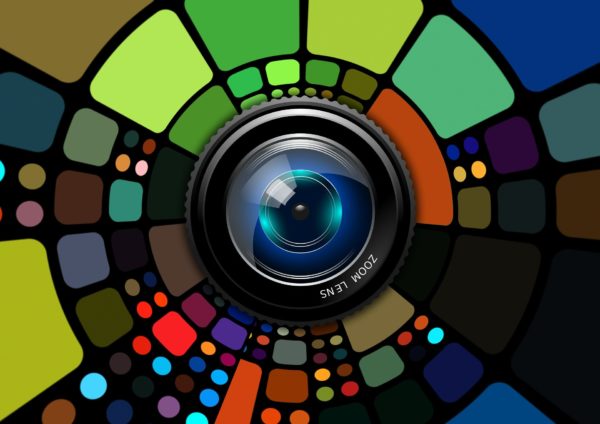
When 2010 rolled in a decade ago, Uber was still a year-old startup finding its feet with a ride hailing service in the United States. Its Southeast Asian rival, Grab, which would later replicate its model and oust it from the region, wasn’t even born yet.
Ten years ago, the platform economy was just in conceptual form. Today, the on-demand services they offer have changed the entire fabric of urban life.
From getting a ride home to having food delivered at your doorstep, the idea of your entire life stored and transacted on a phone has taken root. Like it or not, this is part of everyday life.
Any look back at technology’s impact in the past decade will have to begin with these so-called digital services and the disruption they have brought. In no other recent time has technology created such tremendous impact, on a scale so large.
It’s no wonder it’s said that we are in the Fourth Industrial Revolution today. Just like the steam engine, electricity and the computerisation before, digital technologies such as artificial intelligence (AI) now threaten to shake up industries, take away jobs and widen the rich-poor divide.
Even a seemingly harmless food delivery service that is meant to make life easy for busy folks has stirred up so many issues here.
Deliverymen zooming around on e-scooters have pushed Singaporeans to call on the government for a ban on their use. Technology has seldom been so divisive.
Indeed, it has not been seen in a negative light for a long time. In the 80s, it represented a “stick it to the man” rebelliousness – Steve Jobs famously hacked telephone networks for free calls. In the 90s and 2000s, it was expected to bring an unprecedented era of openness as the Cold War ended.
Unfortunately, as things unfolded in the 2010s, the mood changed towards technology. Yes, faster networks on 4G or fibre broadband connected people more but the constant connectivity brought new cybersecurity threats.
Similarly, social media networks sprung up just over 10 years ago have gone beyond offering a nice reunion between old friends. They have been accused of undermining democracy and serious privacy breaches on a scale previously unheard of.
Nowhere is this encroachment of technology more worrying than in China. There, in Xinjiang, increasingly detailed reports show how a surveillance state is run, with users’ phones tracked all the time and face recognition used in invasive ways to monitor citizens.
If George Orwell were alive today, he would see how we missed the dystopia of 1984 but instead built one in 2019. Okay, 25 years late and missing the video screen on the wall through which Big Brother watches you constantly.
But the good writer will be surprised that in many cases, citizens themselves surrendered their privacy in exchange for free services. Think about how Google collects all the information whenever you power up your phone.
Far from another far-fetched worry, this constant surveillance was detailed recently by a series of reports in the New York Times. It showed how easy it was to track several targeted individuals when they were on the move with their phones.
How the 2020s pan out will depend on how well the technologies are managed by political and industry leaders and how the citizenry are prepared to face the inevitable change.
The Luddites rejected change to their detriment, and the same case can be made today for the many industries facing disruption. Yes, even for those in “safe” industries.
Even accountants are finding that the most basic of jobs – reconciling accounts – is being taken away by software-robots that can do things faster and without error.
Their next gameplan? Use all that data that the AI is churning out to deliver customised advice for clients. A tough ask, but those that succeed will ride the wave. Others drown.
Indeed, for many societies, it will be a difficult path to take when choosing to embrace AI, automation and digital transformation, while not forgetting those most vulnerable to the changes they bring.
Especially for Singapore, which has embraced technology as part of its smart nation goal, the question is how fast a citizenry can be prepared for the disruption before the tsunami of change hits.
Increasingly, there will be more demands for transparency and accountability. Where technology is deployed, it is not enough to blame it on a machine, or worse, say, you don’t know how the machine arrived at an answer or a decision.
Today, AI is being used to process jobs deemed too mundane or uninteresting for humans. Unfortunately, it has come up with bias that reflects how unfair humans can be.
Job applications have been unfairly filtered through race or gender, because the machine thought like a biased human being. Applications for so many other things, such as social security, school entrance or business grants may face the same unfair hurdles in future, if the bias is not rooted out early.
In a nutshell, that shows both the promise and worry of the new decade ahead. After proving themselves in the 2010s, new digital technologies are now heading into unchartered territory, as more trust is placed on them by their proponents.
In the years ahead, can we still explain how an AI came to a decision? Or will we leave the hard questions behind as technology brings improvements we find impossible to say no to?







Thank you For the share.